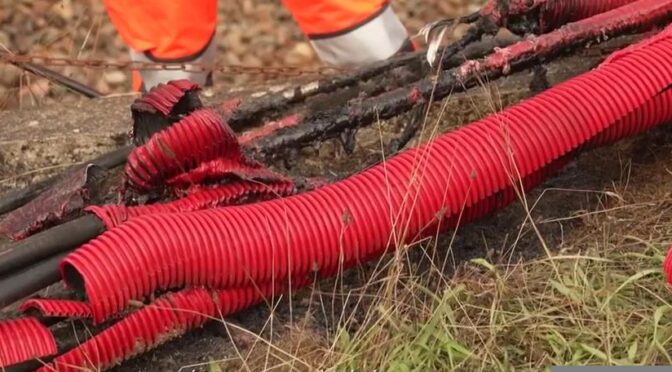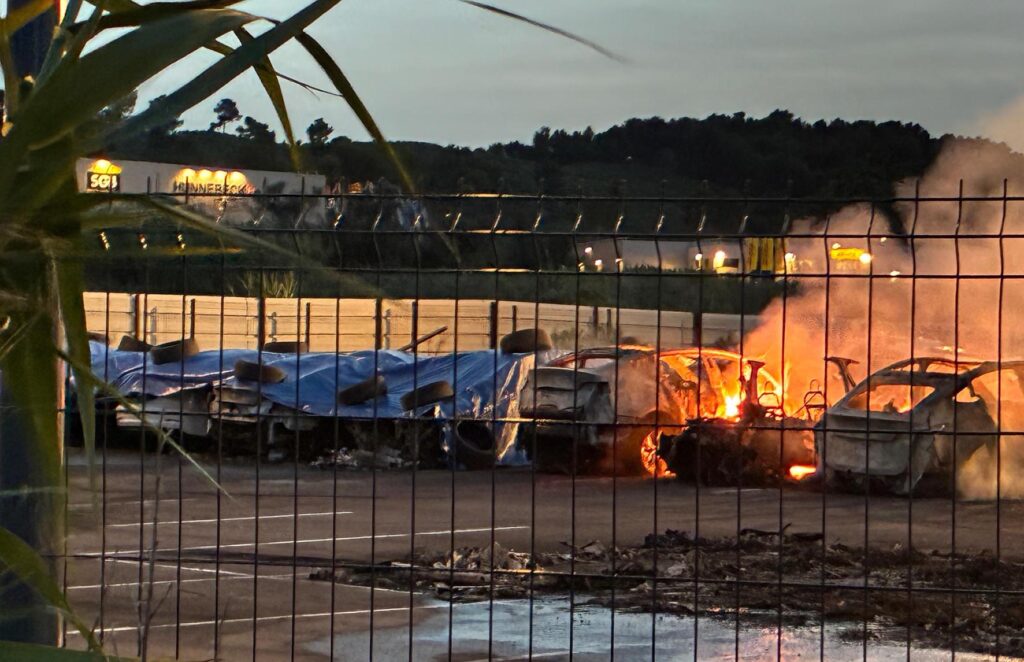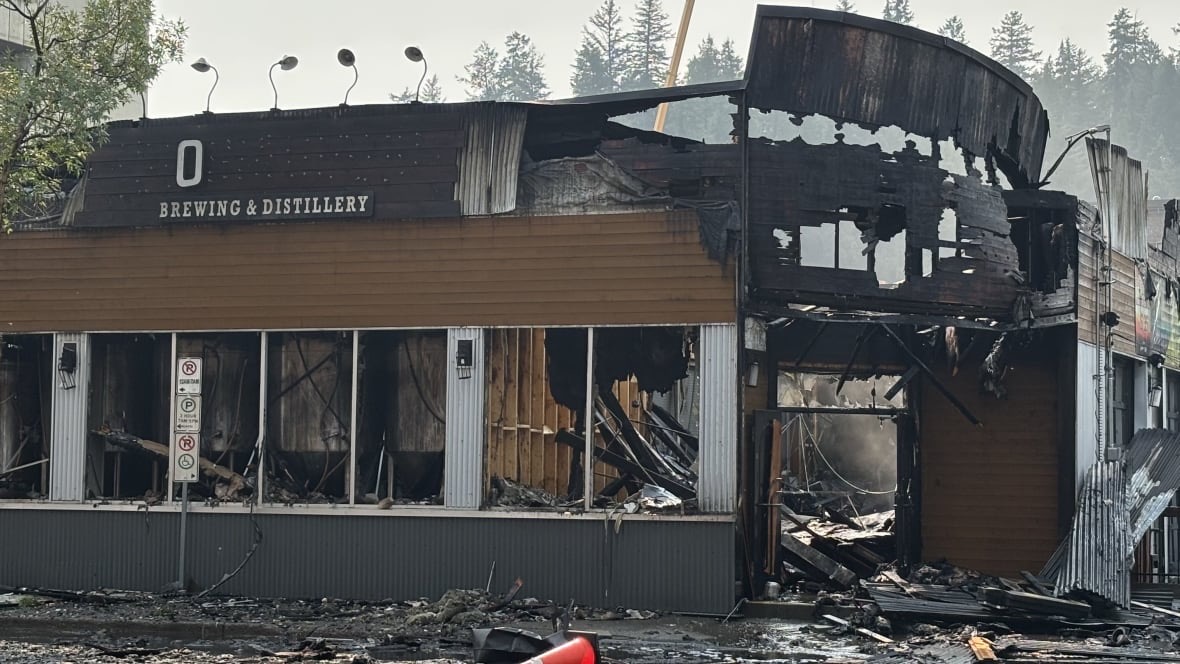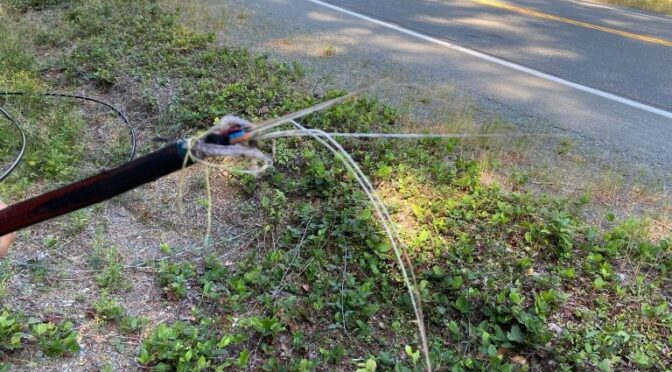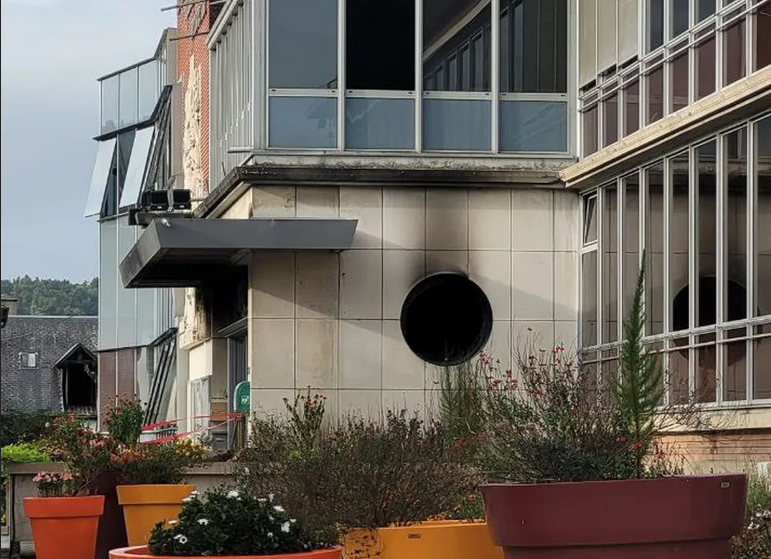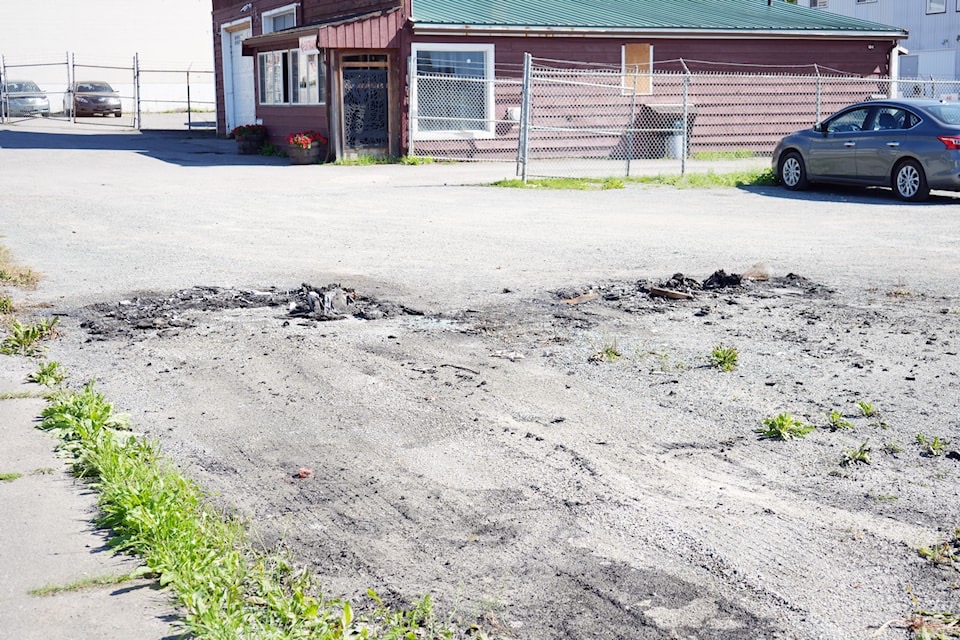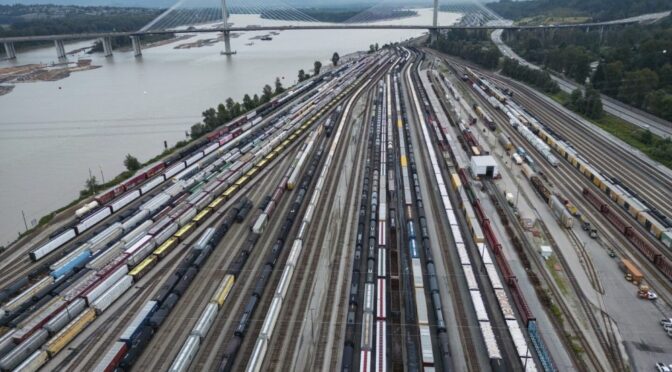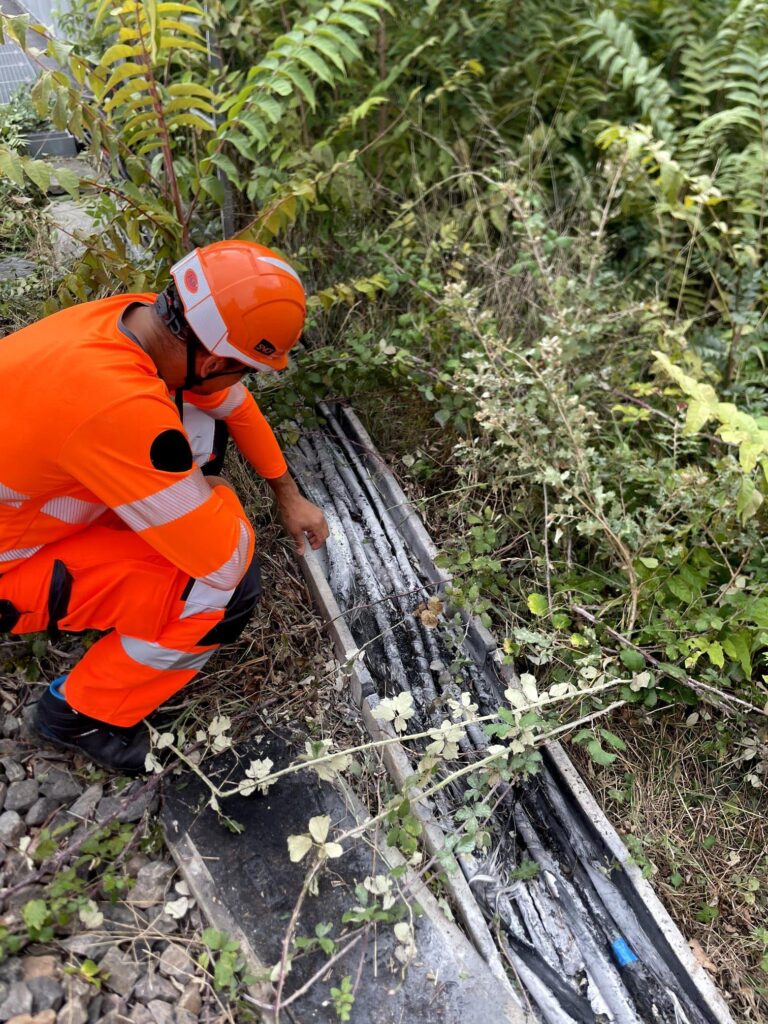With the holiday season fast approaching, fiery festivities struck the Island Gospel Church in Burns Lake on December 20th. When fire crews arrived they found the majority of the building engulfed in flames. The fire has been deemed an arson, with damages estimated to be over five million dollars. This is not the first arson targeting the church and we can be sure that it wont be the last.
Since the 2021 discovery of mass unmarked graves of indigenous children at former residential schools, waves of anonymous unclaimed attacks against churches have spread over the territory controlled by the Canadian state. As of early 2025, at least 85 churches have been reported as vandalized, roughly 50 of which were arsons. Some more generous estimates suggest nearly 120 churches have been vandalized in one way or another.
Continue reading Burns Lake church goes up in flames . (Canada)

